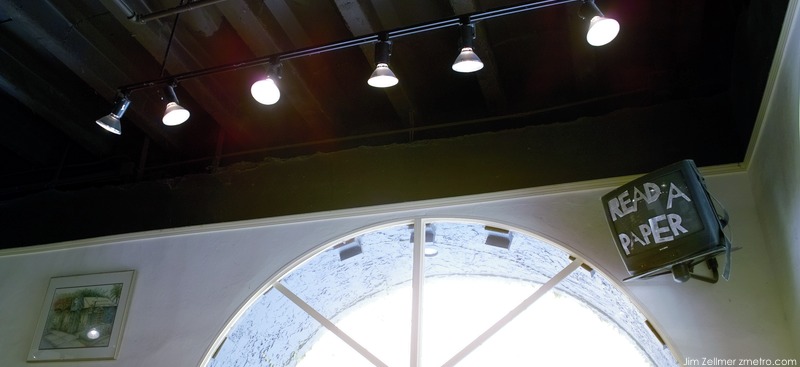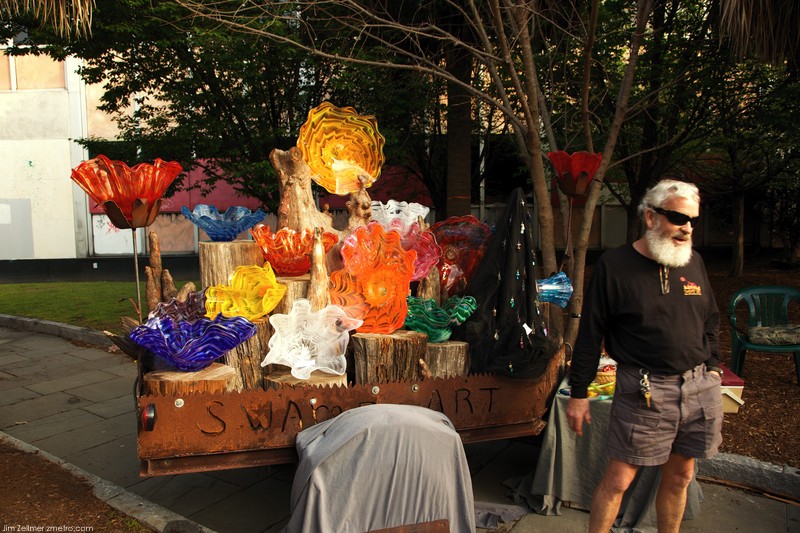Ron Grassi says he thought he had retired five years ago after a 35-year career as a trial lawyer.
Now Grassi, 68, has set up a war room in his Tahoe City, California, home to single-handedly take on Standard & Poor’s, Moody’s Investors Service and Fitch Ratings. He’s sued the three credit rating firms for negligence, fraud and deceit.
Grassi says the companies’ faulty debt analyses have been at the core of the global financial meltdown and the firms should be held accountable. Exhibit One is his own investment. He and his wife, Sally, held $40,000 in Lehman Brothers Holdings Inc. bonds because all three credit raters gave them at least an A rating — meaning they were a safe investment — right until Sept. 15, the day Lehman filed for bankruptcy.
“They’re supposed to spot time bombs,” Grassi says. “The bombs exploded before the credit companies acted.”
As the U.S. and other economic powers devise ways to overhaul financial regulations, they have yet to come up with plans to address one issue at the heart of the crisis: the role of the rating firms.
I noticed this Wachovia building recently and thought the sunset scene was, perhaps appropriate.



